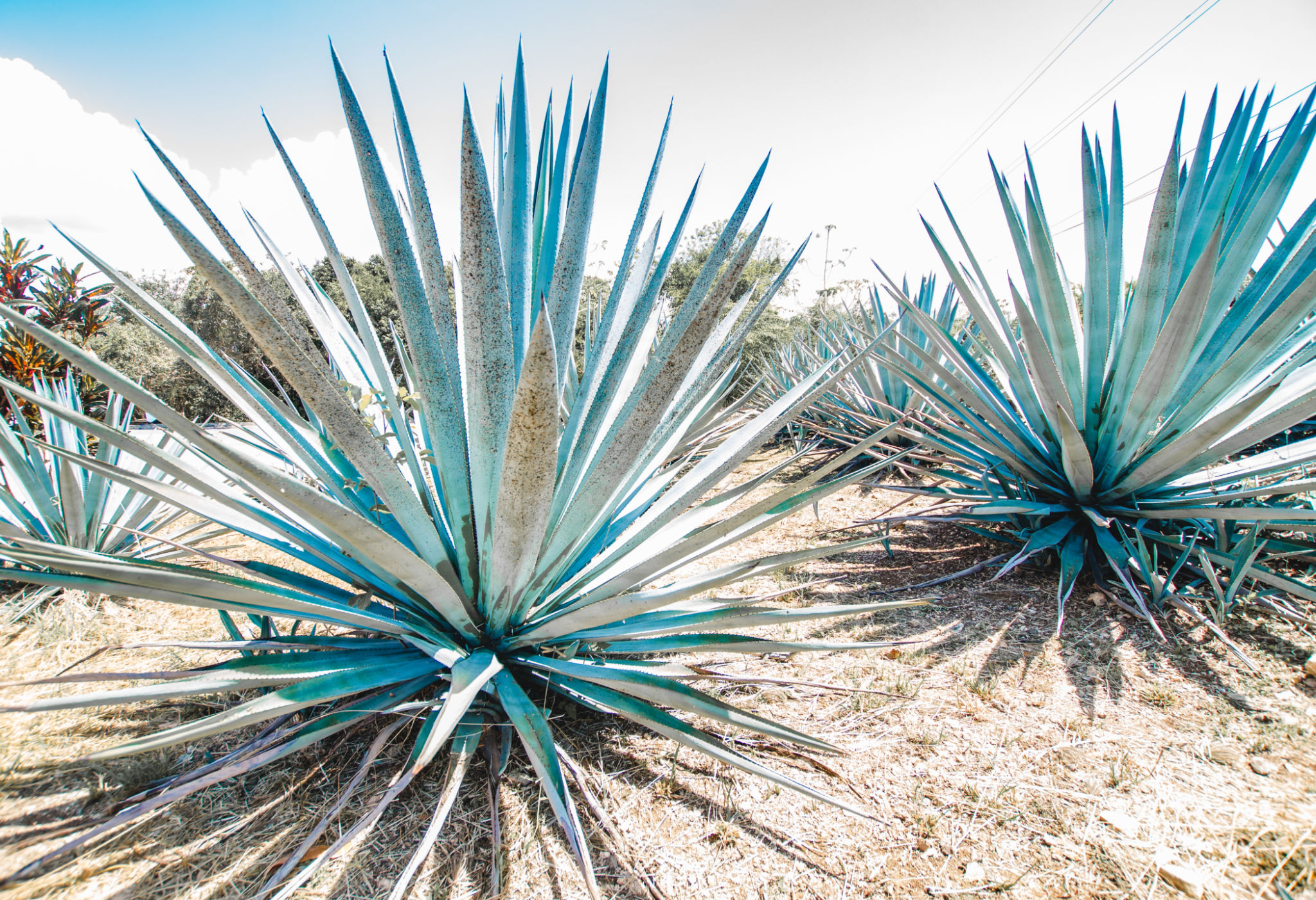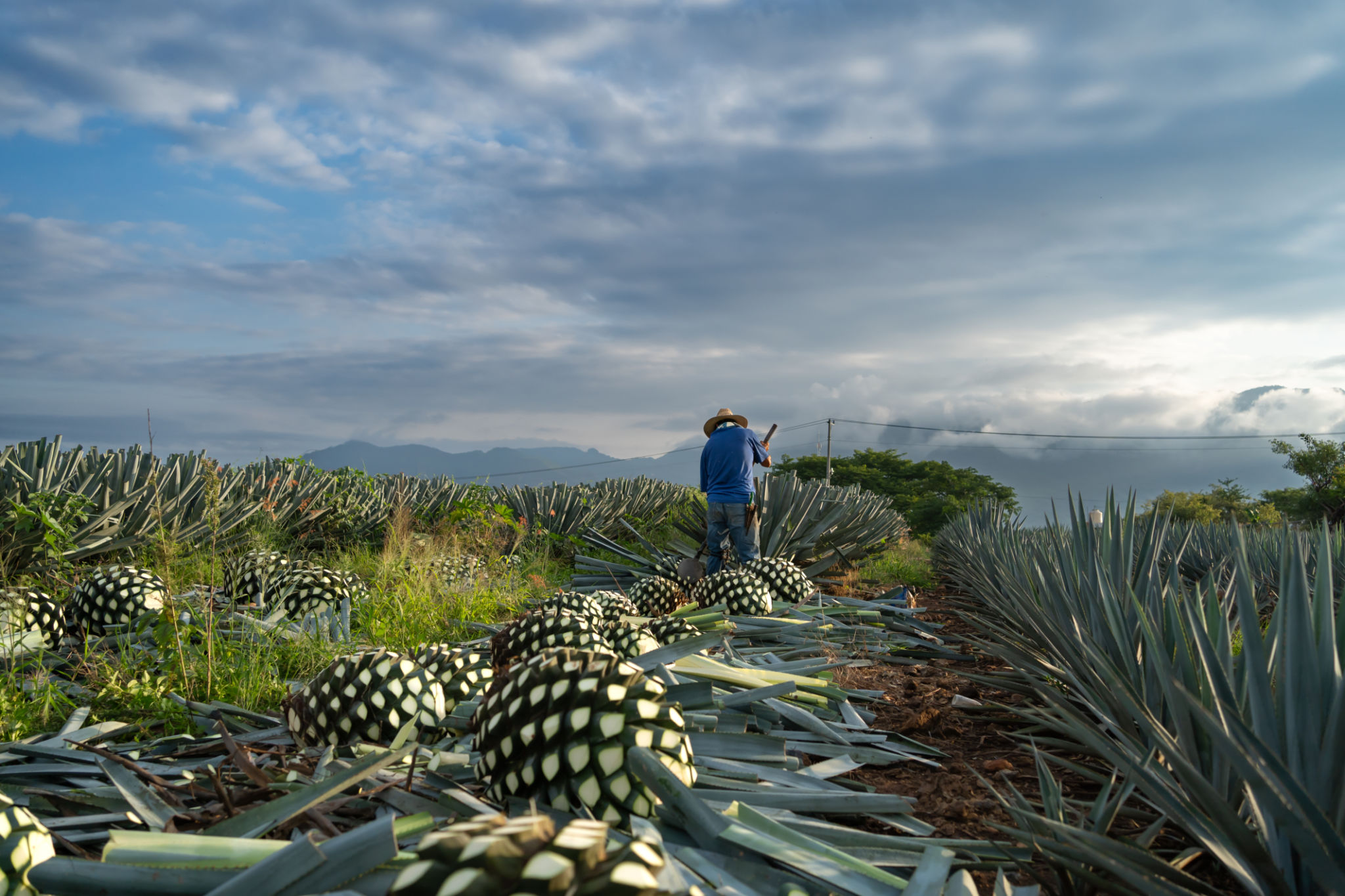Exploring the Rich Traditions: A Journey into Mezcal Craftsmanship
Understanding Mezcal: An Ancient Tradition
Mezcal, a traditional Mexican spirit, has been part of the country's cultural heritage for centuries. Known for its smoky flavor and artisanal production methods, mezcal is much more than just a drink; it is a testament to the rich traditions and craftsmanship that have been passed down through generations. The process of making mezcal is deeply intertwined with the history and culture of the regions where it is produced, primarily in Oaxaca.
What sets mezcal apart from other spirits is its unique production process. Made from the heart of the agave plant, known as the piña, mezcal's distinct taste comes from roasting the piñas in underground pits lined with volcanic rock. This ancient technique imparts a smoky flavor that is characteristic of mezcal and beloved by aficionados worldwide.

The Art of Crafting Mezcal
The craftsmanship involved in producing mezcal is both an art and a science. It begins with the harvesting of agave plants, which can take up to a decade to mature. Once harvested, the piñas are roasted, crushed, and fermented before being distilled in small batches. This meticulous process is often carried out by hand, reflecting the dedication and expertise of mezcaleros, the artisans who craft this unique spirit.
What makes mezcal even more special is the diverse range of flavors it offers. Depending on the type of agave used and the production techniques, mezcal can vary from sweet and floral to bold and earthy. This diversity is a result of the craftsmanship and creativity of mezcaleros, who experiment with different agave varieties and roasting methods to create a wide spectrum of flavors.

Exploring Mezcal Varieties
For those interested in exploring the world of mezcal, it's important to understand the different varieties available. Here are some key types:
- Espadín: The most common type of agave used for mezcal, known for its versatility and balanced flavor.
- Tobalá: Often called the "king of mezcals," Tobalá is made from wild agave and offers complex flavors.
- Pechuga: A unique variety distilled with fruits and spices, sometimes with a chicken breast added for flavor.
Each variety offers a unique tasting experience, allowing enthusiasts to explore the rich tapestry of flavors that mezcal has to offer.

The Cultural Significance of Mezcal
Mezcal is more than just a beverage; it holds a significant place in Mexican culture. Often consumed during celebrations and rituals, it is considered a symbol of hospitality and community. Sharing mezcal is an integral part of social gatherings, where it fosters connection and conversation among friends and family.
The cultural significance of mezcal extends beyond its consumption. In recent years, there has been a growing appreciation for the traditional methods used to produce mezcal, leading to increased efforts to protect and promote these artisanal practices. This resurgence has not only helped preserve these age-old techniques but has also brought international recognition to mezcal as a premium spirit.
Conclusion: Embracing Mezcal's Heritage
As you embark on a journey into the world of mezcal craftsmanship, you will discover a rich tapestry of traditions, flavors, and cultural significance. Whether you're a seasoned aficionado or new to this enticing spirit, exploring mezcal offers a unique opportunity to appreciate the artistry and dedication that goes into each bottle.
By supporting artisanal producers and savoring each sip mindfully, you become part of a larger movement that honors and preserves the rich heritage of mezcal. So, raise your glass and toast to the timeless craftsmanship that continues to shape this remarkable spirit.
